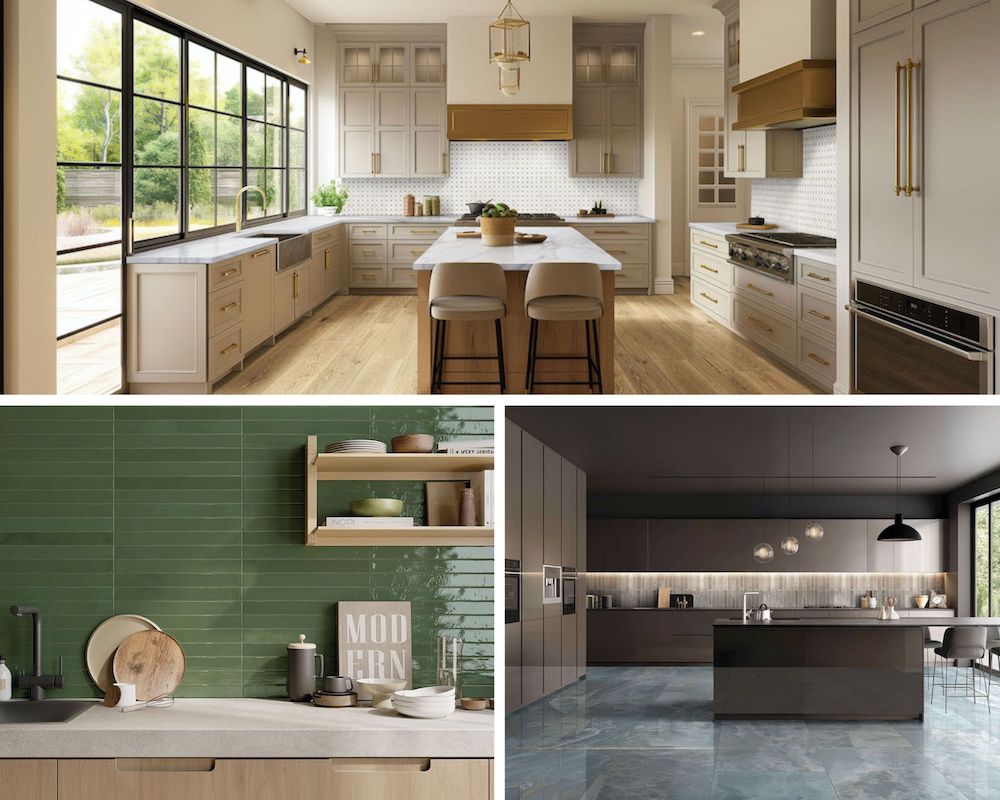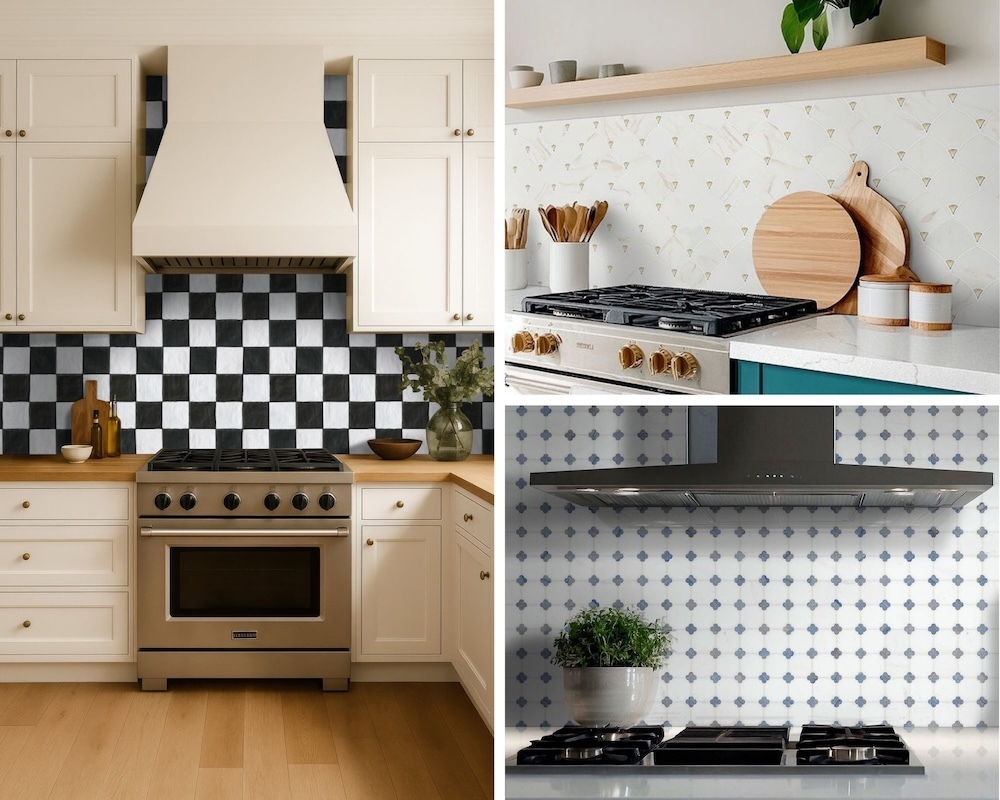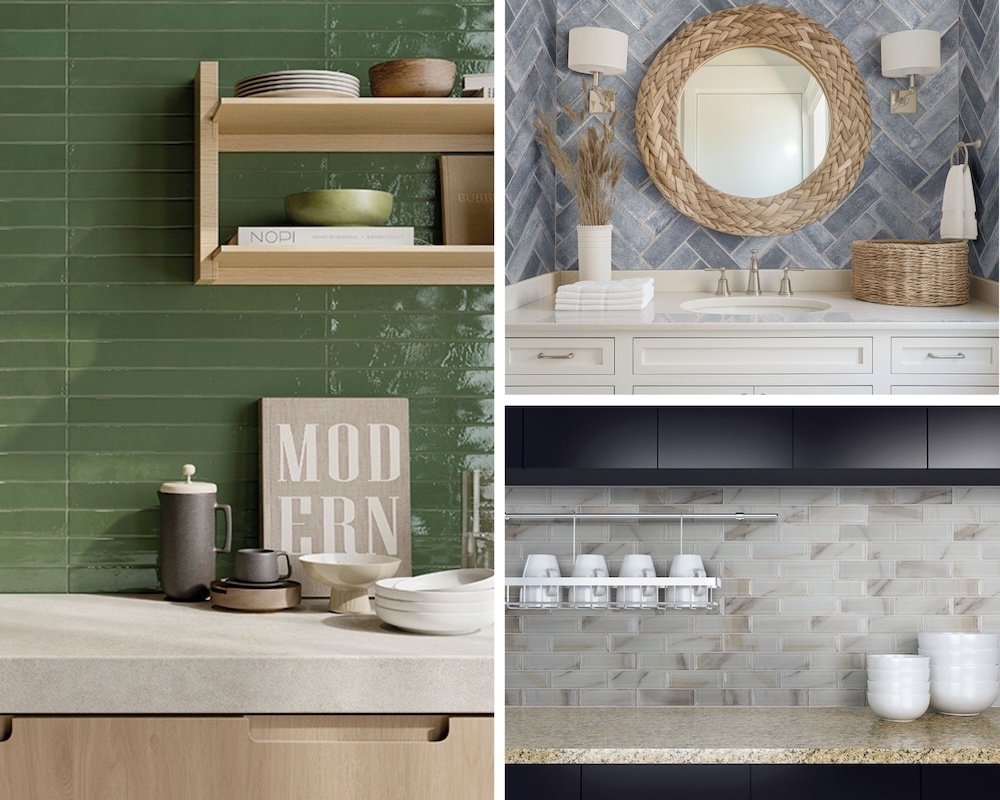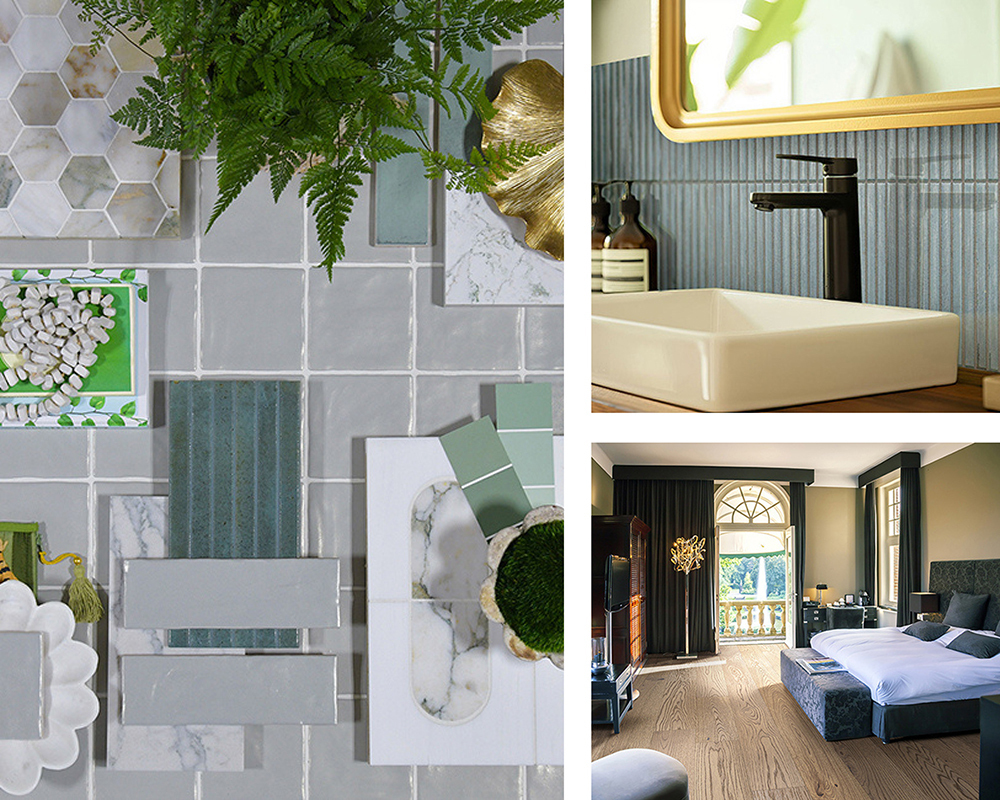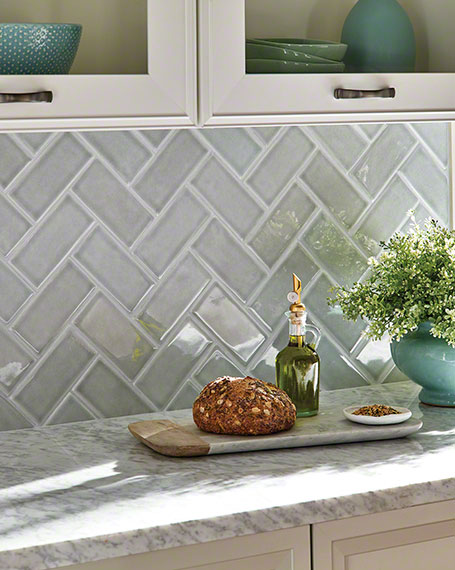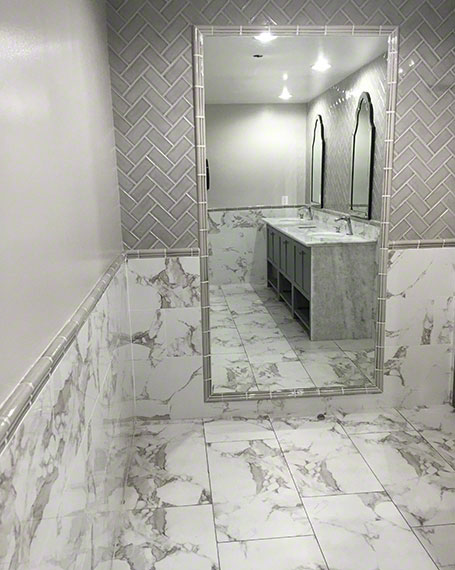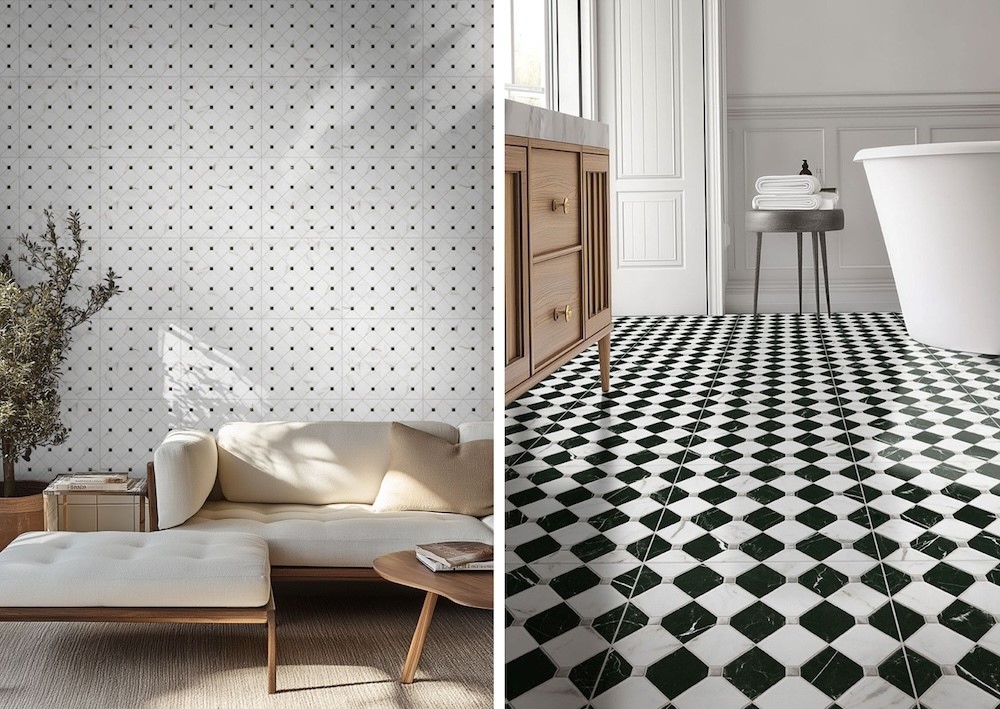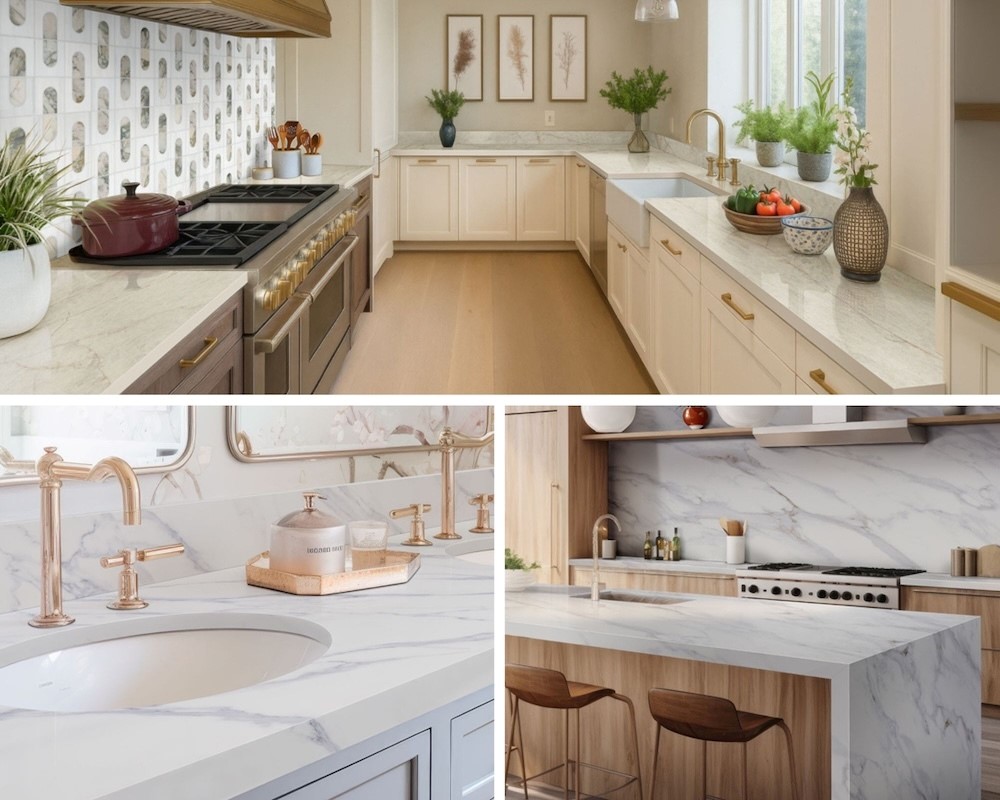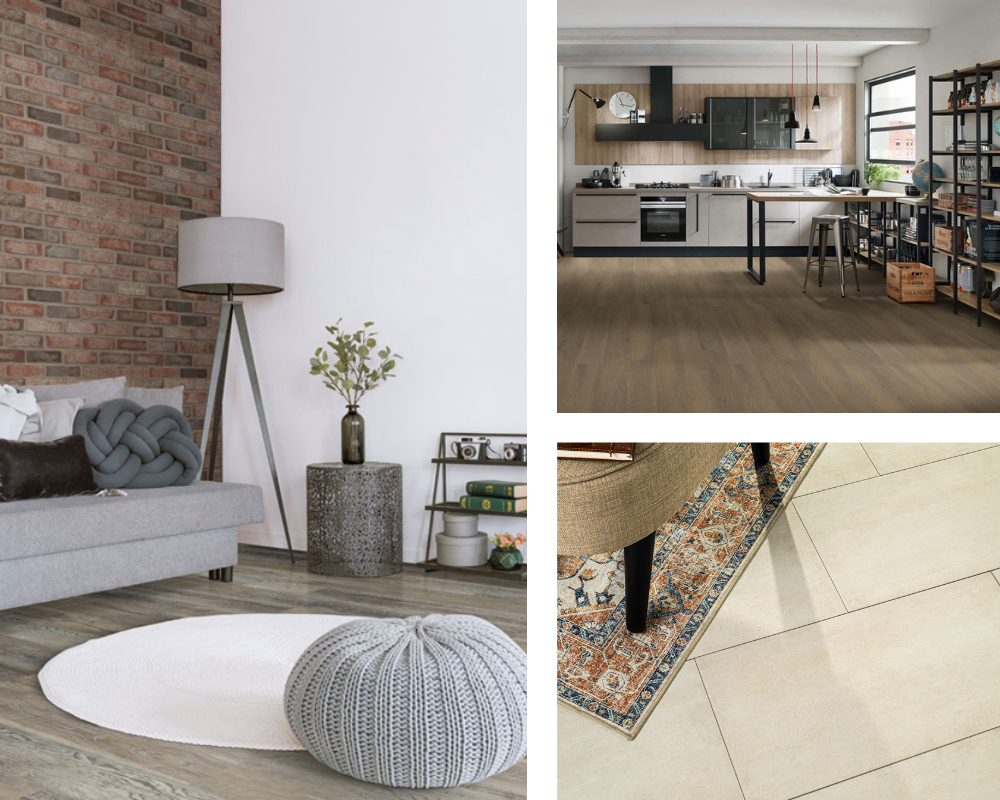Natural Beauty With Limestone Look Quartz Countertops
One of the biggest trends in countertop design today is natural quartz countertops, and it’s no wonder! Our ...
Read MoreTwo Great Tools To Design Your Kitchen: Countertop Edge Visualizer And Kitchen Visualizer
Imagination is a wonderful thing, but it can only take you so far!When you look at samples ofcountertops, tiles,f ...
Read MoreBeyond Basic: Elevating Your Kitchen With A Statement Backsplash
If there’s one design element that has the power to in ...
Read MoreGreen All Year: The Benefits Of Artificial Turf For Modern Homes
Today’s homeowner is redefining the outdoor experience ...
Read MoreSubway Tile Reinvented: Modern Takes On A Timeless Classic
There are few tiles more iconic than the simple subway tile. ...
Read MoreExploring The Biophilia Trend: Designing With Nature-Inspired Materials
Biophilic design has become one of today’s most inspiring and impactful interior movements. With wellness a ...
Read MoreThe Bold Revival Of Black And White Tiles: A Modern Take On A Classic Look
Tile can transform the look of any room, especially when you ...
Read MoreQ+ Engineered Countertops Deliver The Next Generation Of Stone Look Designs
Engineered stone is entering a new era, and our Q Collection ...
Read MoreMSI Everlife® Floors: Embracing Future Trends With Warm Tones, Luxury Vinyl, And Lasting Performance
As we move forward into the new year, interior design is shi ...
Read More